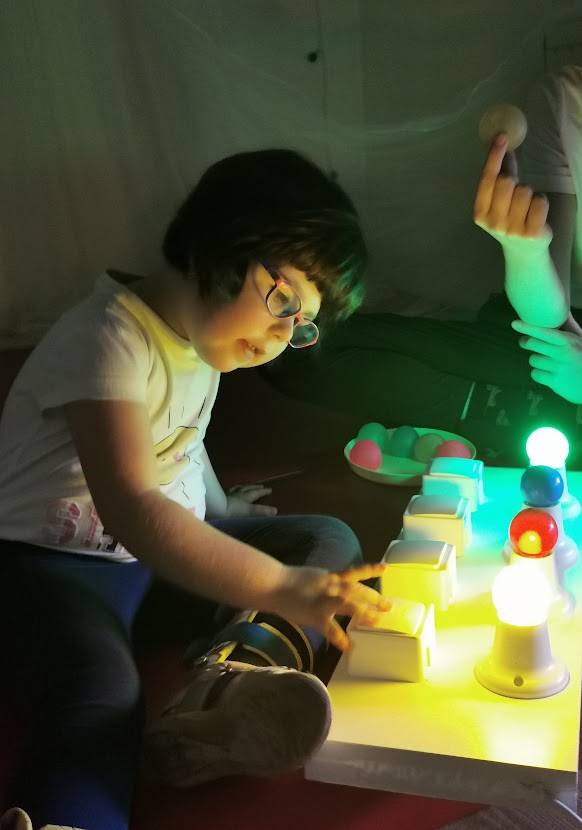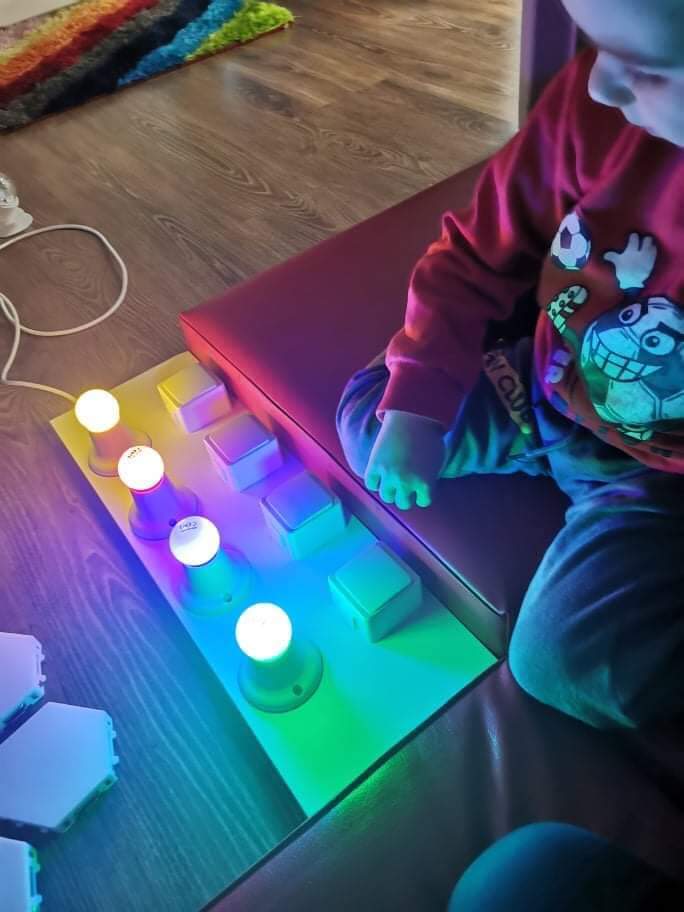Cognitive development
In the Complex Therapy Programme, a special education teacher and a developmental teacher colleague work with the children to maximise their development. The task of the special needs teacher is to develop children with disabilities, handicaps and special educational needs to the limits of their abilities, using procedures adapted to their needs. Somatopedagogy is concerned with the improvement of altered postural and locomotor functions, functional systems and motor skill changes. Somatopedagogy is a branch of special education and constitutes a separate injury-specific pedagogical system. It is a part of remedial education rehabilitation, a complex special educational activity aimed at the personal development of a disabled person.
Keynote address
There can be various causes of delayed speech development (motor clumsiness, prematurity, hereditary factors, negative environmental influences, injuries, diseases, age-inappropriate reflexes). Movement is of particular importance for speech initiation because speech is a kind of fine movement. During speech, we need the oral organs (teeth, tongue, lips), the jaw and its joints to move, and the air and vocal cords to be in the correct condition and to be able to breathe correctly. Speech and language therapy aims to improve speech and voice production, as well as helping with communication problems. As speech and sound formation are highly complex processes, there are many points at which this process can be impaired, and speech therapy may be needed in many cases. Speech disorders can have neurological causes, for example after a brain injury or stroke, but they can also be caused by physical problems. Speech and language therapy can help people learn and relearn correct voice production and articulation, and may also be needed to learn alternative methods of communication and to practise using tools to support voice and speech production.
Primer therapy
Often, one or other stage of motor maturation occurs too quickly or too slowly, or is even completely absent. Primer therapy is all about facilitating neural maturation. Crawling, crawling, climbing, sitting up, walking, etc. are the motor manifestations of the successive stages of maturation of the human nervous system, but the so-called cognitive abilities and skills: attention, cognition and memory, the basic skills of learning, are developed in parallel and inseparably (so to speak, by means of the pathways). In addition to these skills, speech is also developed in basic therapy, since speech itself is part of the movement developmental sequence described above. As the therapy also emphasises the 'training' and development of the facial muscles, the basic therapy also helps with any speech therapy work that may be needed.
Play therapy
Play is the main communication tool for children, and play therapy helps children to express their feelings and thoughts, to deal with emotional problems and conflicts. Play therapy is a dynamic process between the child and the play therapist, the therapeutic alliance allows the child's inner resources to be mobilised, leading to development and changes in the child's emotional life, social relationships, behaviour and adaptation. Play therapy is a child-centred method, in which play is the primary medium, speech is the secondary medium, and the therapist indirectly facilitates the development of the child's specific sub-skills through play.
Light therapy
A thematically changing light therapy room welcomes children for a special experience, an end-of-lesson bandage, vision development, sensory integration and relaxation.

